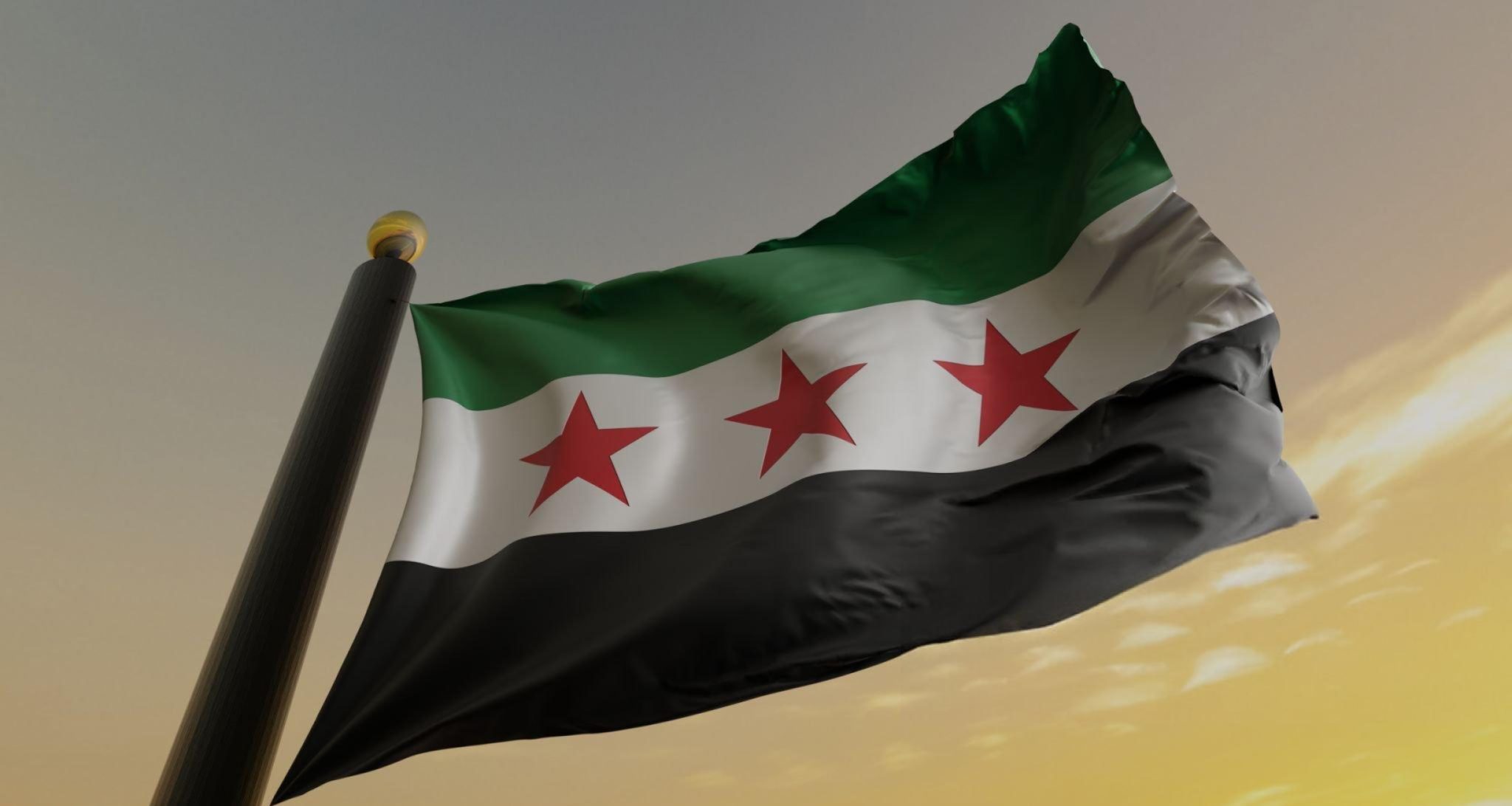ANKARA, Dec 22 (Reuters) – Turkey’s Foreign Minister Hakan Fidan has insisted that there is no place for Kurdish militants in Syria’s future, reiterating Turkey’s demand for the disbandment of the Syrian Kurdish militia, the YPG. His statement follows his visit to Damascus, where he met with Syria’s de facto leader, Ahmed al-Sharaa, on Sunday. This was the first visit by a Turkish foreign minister to Damascus since Syria’s civil war began.
Turkey has long viewed the YPG as an extension of the Kurdistan Workers’ Party (PKK), which has waged a decades-long insurgency against Turkey. The PKK is classified as a terrorist organization by Turkey, the United States, and the European Union. The YPG, which leads the Syrian Democratic Forces (SDF), has been a key player in the fight against ISIS, benefiting from U.S. support and airstrikes in recent years. However, Turkey has consistently condemned the SDF’s close ties with the PKK and has launched multiple military operations in northern Syria to neutralize what it sees as a direct security threat.
Fidan, speaking alongside Sharaa, stated that he had discussed the future of the YPG with the Syrian government. He emphasized that Damascus must take steps to ensure Syria’s territorial integrity and sovereignty, which he claimed would include addressing the presence of the Kurdish militia. “In the coming period, the YPG must come to a point where it is no longer a threat to Syria’s national unity,” Fidan declared. He called for the militia to be dismantled entirely.
Turkey’s stance is clear: no political or military role for the YPG in Syria’s future. Fidan expressed frustration with the international community’s stance on the issue, claiming that the U.S. and others had “turned a blind eye” to the actions of the YPG and SDF in Syria. He expressed hope that the incoming U.S. administration, under President-elect Donald Trump, would take a firmer approach against the Kurdish groups.
The Syrian Democratic Forces (SDF) played a pivotal role in defeating ISIS between 2014 and 2017, with crucial U.S. military support. Despite their significant contribution to the defeat of ISIS, the SDF’s alliance with Kurdish groups linked to the PKK has kept them at odds with Turkey. The U.S. Secretary of State, Antony Blinken, has warned that ISIS could regain strength in Syria if Kurdish forces are weakened or distracted by regional tensions.
Fidan’s visit to Damascus comes at a time of shifting alliances in Syria, with the government of Bashar al-Assad making a comeback following years of civil war. Syria’s new leadership has shown a willingness to cooperate with Turkey, which, until recently, had supported opposition groups seeking to oust Assad. Fidan noted that the Syrian authorities had assured him that they could manage the Islamic State prison camps in the event of a collapse of the Kurdish-led forces in the region.
In a related development, Mazloum Abdi, the commander of the SDF, acknowledged the presence of PKK fighters in Syria for the first time, revealing that they had supported the battle against ISIS. Abdi said these fighters would return home if a ceasefire agreement with Turkey could be reached. However, he denied any formal organizational ties between the PKK and the SDF, an assertion that remains a point of contention between Turkey and the Kurdish forces.
Turkey has mounted several cross-border offensives in northern Syria against the YPG and its affiliates. Turkish-backed forces control large areas of territory in northern Syria, particularly along the border, and Turkey has repeatedly called for its NATO ally, the U.S., to end its support for Kurdish militias. Turkey’s Defence Minister has suggested that the new Syrian government, including the Syrian National Army (SNA) which is backed by Turkey, would soon take steps to drive the YPG out of the territories they currently hold.
As part of its broader foreign policy, Turkey has also focused on the rebuilding of Syria. Fidan reiterated that Turkey would assist in Syria’s reconstruction, particularly in infrastructure development, and called for the lifting of international sanctions on Assad’s government to facilitate this process.
At the press conference, Sharaa confirmed that the new Syrian administration would soon announce a restructured defence ministry and military command. This shift is seen as a crucial step towards solidifying Assad’s grip on power, with Turkey positioning itself as a potential ally in Syria’s post-war rebuilding efforts, provided that Kurdish militants are excluded from the political and military landscape.
In the coming months, Turkey’s influence in Syria’s future remains uncertain as new dynamics unfold in the region. The fate of the YPG and their role in Syria’s reconstruction will continue to be a central issue, particularly as tensions between Turkey and Kurdish factions persist.







